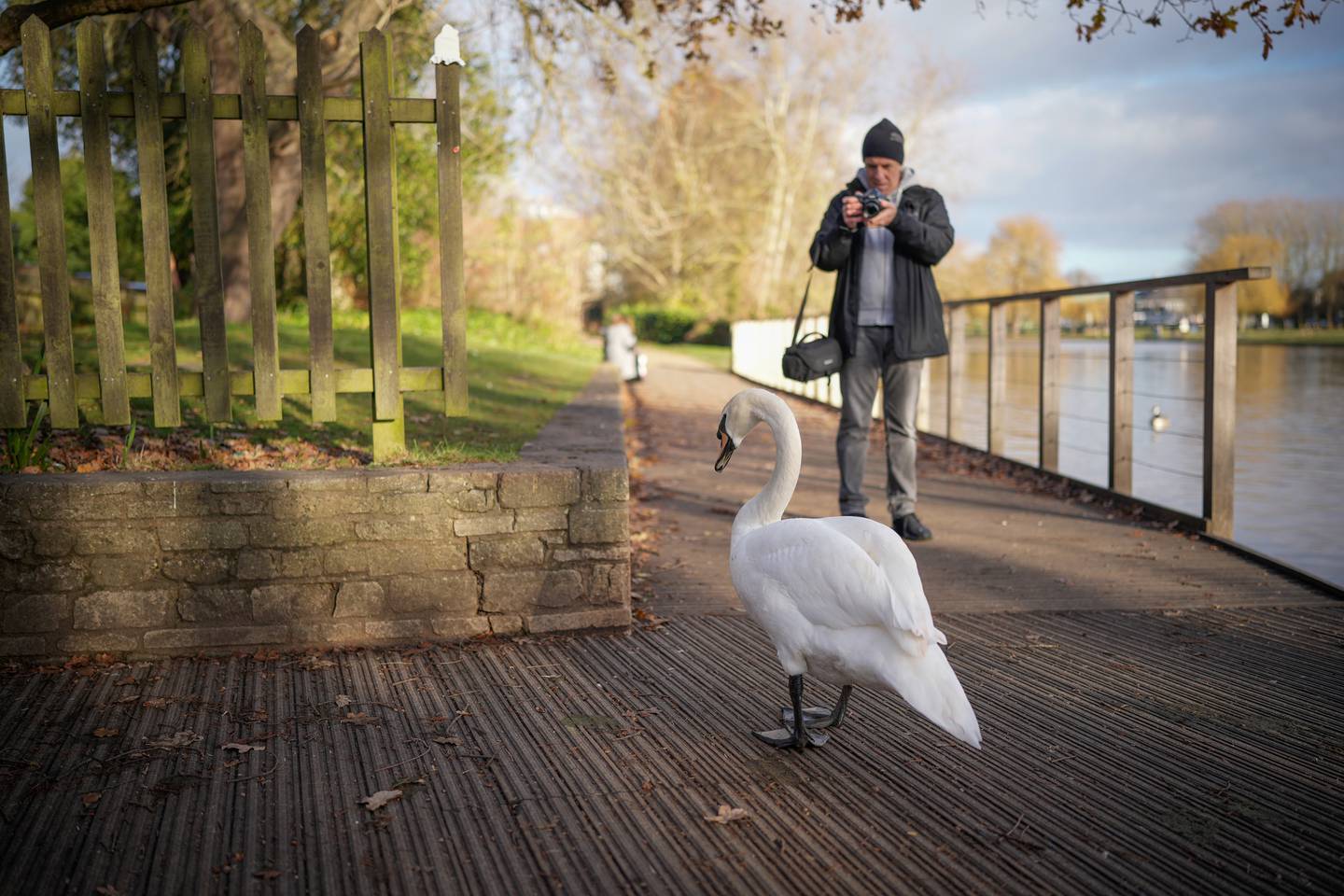The UK needs a bold 21st-century Brunel to pave the way for net zero

In the UK, on the Bristol side of the Clifton Suspension Bridge, there is a plaque marking the design of this incredible structure by 25-year-old Isambard Kingdom Brunel.
At the time, in 1831, the bridge across the Avon Gorge, at 202 metres in length and 76m above the River Avon, had the longest span of any bridge in the world. Even today, it still represents a feat of remarkable design and construction.
For that, of course, we must thank Brunel, a brilliant civil engineer and visionary, recognised as one of the greatest figures of the Industrial Revolution. His dockyards, railway lines, steamships, tunnels and bridges transformed public transport and engineering. His ideas also revolutionised the British economy and when they were exported, the fortunes of other nations.
I happened to be visiting Clifton, to see family, in October last year, when Boris Johnson’s government published Net Zero Strategy – Building Back Greener. It’s easy to be critical of Mr Johnson and his relentless boosterism. Often, it seems as if his sweeping optimism is a mask for a paucity of thought and detail, an excuse for yet another photo opportunity and more showboating.
As prime minister, he has frequently paid tribute to our Victorian forbears, to the likes of Brunel. He is fond of saying that we need to resurrect that boldness and courage again, that they showed what is achievable. They did not always get it right either – Brunel made mistakes, not all his projects were successful – but they were prepared to try, and to try again. In Brunel, people were ready to back someone so young and unproven.
It’s clear that Mr Johnson is correct, that something similar must occur again if we are to have any prospect of securing a sustainable society, one that adapt to the demands of climate change while continuing to develop and prosper.
The problem is that at present all we have are words, empty rhetoric, when what we are crying out for is a 21st-century breed of Brunels to pave the way. Worse, in the absence of action, we’re in danger of heading towards an impasse where precious time is wasted, while nothing is implemented.
The warning signs are there. In the UK, some of those on the right of the Conservative Party are seizing on net zero as their next battleground after Brexit, another example of state intervention they feel we can do without. Except, this being about the very future of the human race, and not the EU, we can’t.
Cop26 was not a blazing triumph, nor was it a failure. The aim, widely agreed among nations, of restricting global warming to 1.5°C this century, by reaching net zero by 2050, is still to play for. But that requires leadership and focus and determination. None of which are in abundance.
Instead, in the UK at least, we’re getting distracted. We’re grappling with leaping energy prices, in petrol, gas and electricity. Dealing with the short-term threatens to obscure what we should really be attending to, which is the long-term and the requisite shift away from fossil fuels.
Such is the chaotic nature of the transition that those with interests vested in oil, gas and coal are able to argue forcibly for a slowing-down, that we simply do not possess the means to meet our targets, certainly not one of 1.5°C.
Following the Paris Agreement of 2015, which saw 197 countries – among them UAE as the first Gulf state – set a target of 1.5°C, the baton passed to Britain as host of the next round of climate talks. In the build-up to Cop26, Mr Johnson did step up, heading a semblance of a cavalry charge with a flurry of announcements and initiatives. Stirring as it was, to see a modern version of another dashing blond, General Custer, taking to the saddle once more, the bravado was again not matched by results.
Last year, says Carbon Brief, the UK burned more fossil fuel than clean. Despite wind turbines popping up seemingly everywhere, the contribution from that quarter fell by 15 per cent – the product of lighter winds, possibly themselves the outcome of warmer temperatures. Nuclear was also down by 10 per cent, the legacy of having tired, elderly reactors.
